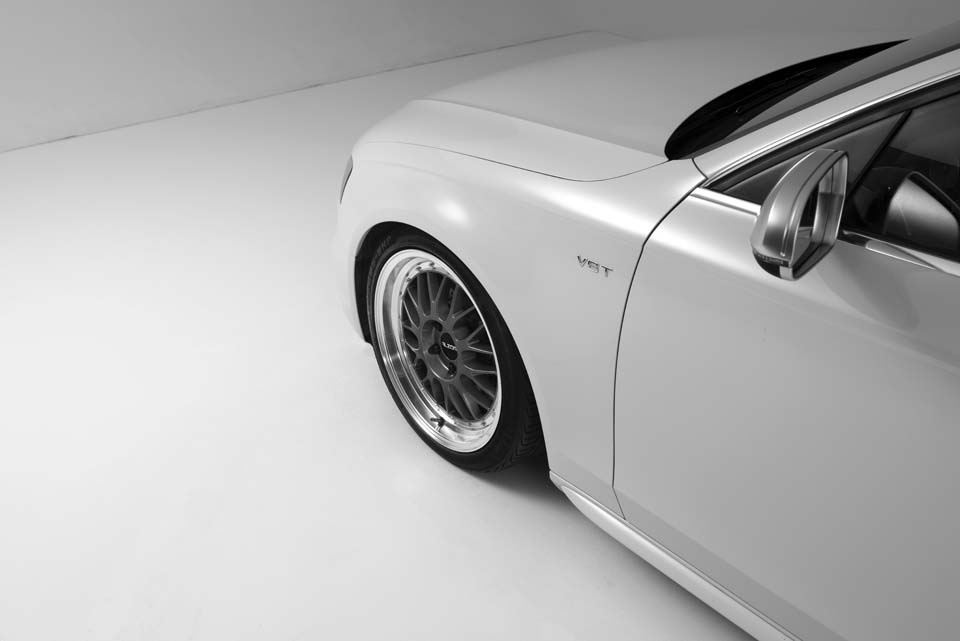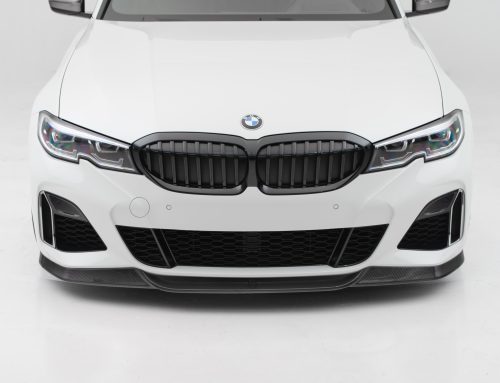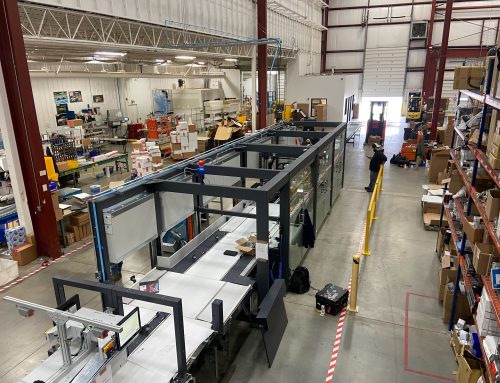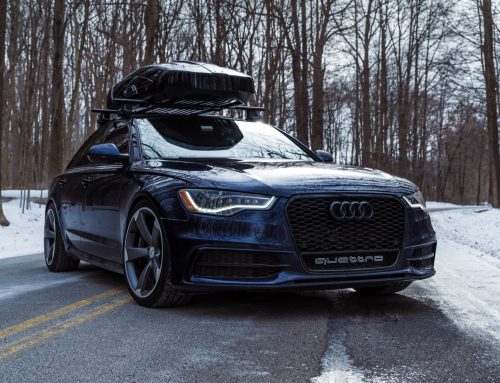We’re back with yet another age-old argument. We’ve covered air suspension vs coilovers vs springs before, but this time, we’re going to compare something a little more controversial. Some folks get pretty heated about this subject. We are of course talking about wheels. Specifically, real wheels versus replica wheels and what the differences are, why people get so hot and bothered about them, and why you might be wrong about your opinion going into this argument.
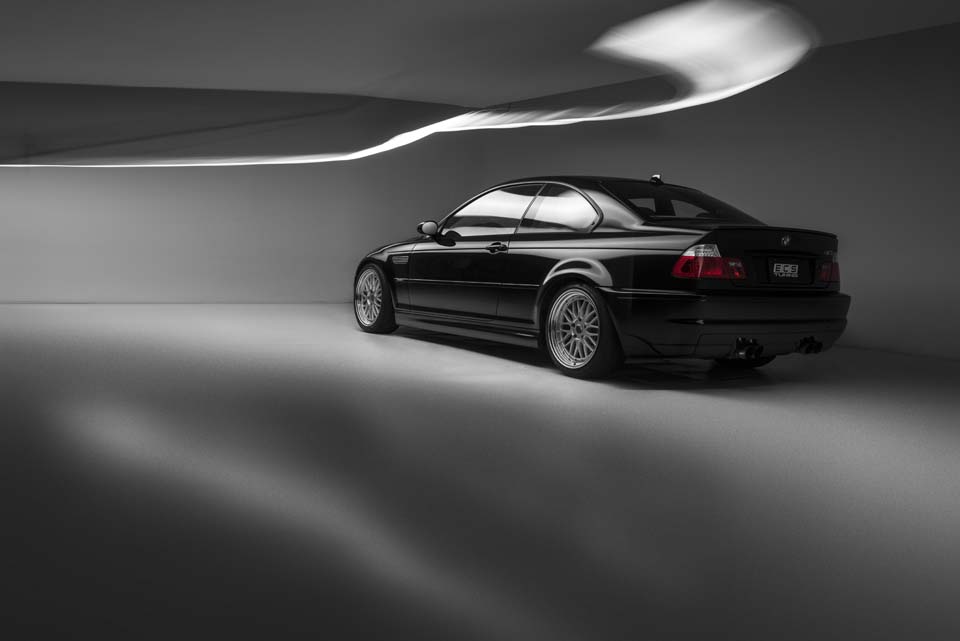
First, let’s define what real wheels and replica wheels are. “Real” wheels refer to original designs by manufacturers who are generally thought of as extremely high quality with a long and celebrated heritage. However, as technology has advanced, this definition has been blurred by companies who do produce original designs but don’t carry decades of motorsport lineage like BBS, O.Z., or A. C. Schnitzer. Now, companies like Rotiform, H.R.E., and Brada, among others, produce wheels with the same focus on quality, individuality, and prestige that were once exclusive to the old guard.
On the other hand, ‘replica’ wheels are generally not exclusive, expensive, or unique. Replica wheels are any wheel that is a derivation or direct clone of an existing style. Take, for example, the ESM Wheels 001 model, which is a direct copy of the BBS RS style, but mimics the 3-piece design with fake hardware. It is just a cast monoblock wheel designed to look the part but at a fraction of the price. Other companies, like XXR, ESR, Rota, and more are other examples of companies that make lower-cost versions of popular designs. Even our brand, Alzor, is generally considered a ‘replica’ brand because they are not, except with a few exceptions, original designs. This is the major point of contention.
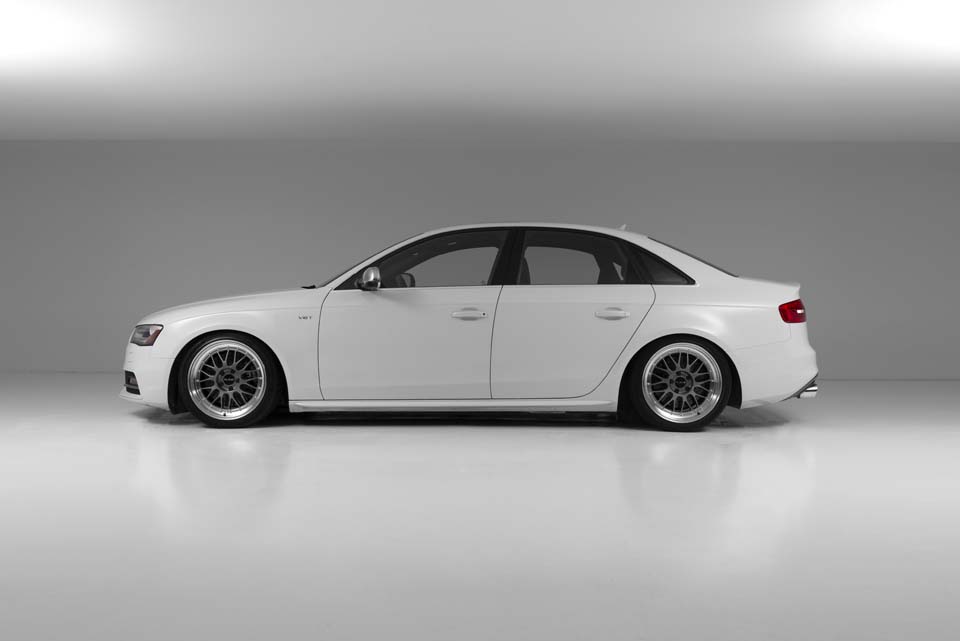
The biggest issue is intellectual property. The #savethewheels crowd likes to tout intellectual property and stolen profits that should have gone to the OG producer of the wheel style. When someone buys a replica wheel, that is money that would have otherwise gone to the original designer. On paper, this is exactly correct. It is wrong for a manufacturer to copy a design and then profit from that design when they didn’t originally create it. However, it is more complicated than that. I’ll explain.
First, people buying wheels for the price ‘replica’ wheels demand are not in the same market as people buying ‘real’ wheels. They would not be spending the money anyway, so they aren’t costing the company any sales. Instead, they are supporting a company that is meeting a demand. People who want wheels but either don’t want to pay exponentially more for the better quality and exclusivity have an option. Not only that, but often, myself included, people buy wheels to use regularly so their nice wheels aren’t as susceptible to damage. I don’t like stock wheels, but I don’t want to ruin a set of wheels that cost as much as some cars I’ve owned.

Not only that, but most ‘real’ wheel buyers aren’t picking them up brand new anyway. Of course, some buyers do purchase custom wheels from the manufacturer. They shell out the money and support the original producers by deciding to buy new and help the industry. However, the majority of ‘real’ wheels are antiques that are out of production. Many buyers are the umpteenth owners who purchased their wheels from forums, social media, or refurbishing companies that re-lip, barrel, and restore old wheels.
However, the flip side of the argument is that if you are going to design wheels, you should design something unique rather than profit from someone else’s design. Even if you are intent on meeting a price point that is more budget-friendly, you should make an effort to produce something new rather than copy another design. That said, investing money in creating a new design, building the molds, testing the wheels, and then taking the risk they will not sell well enough to justify the whole process. The safe bet is to produce something people already know they want.
Of course, we know a thing or two about this. We produce wheels that people want, even if they aren’t all unique designs. It may be less respectable, but it isn’t exactly what I would call egregious. Producing wheels that offer the look buyers want at a price they are more comfortable paying is a way to give customers an entry into aftermarket wheel ownership with styles they want. That, or offer a wheel they can beat on without damaging something expensive. At the end of the day, wheels are a difficult topic since there are merits to both sides of the argument. They offer the looks you want, the change in fitment needed to give your car an aggressive stance, and can be a point of pride. Whether that comes in the form of ‘real’ wheels or replica, it doesn’t matter. You may think this is something I am saying because we produce wheels that are not unique designs. However, this is not the case. We do have unique designs and our wheel line but offer wheels at a price point that allows customers to have the look they want without fear that a pothole could equal thousands of dollars in repairs or replacements. Replica wheels may be a bit lazy, but they aren’t inherently bad. So lighten up and buy what fits your budget or makes sense to you. Let the haters hate.

